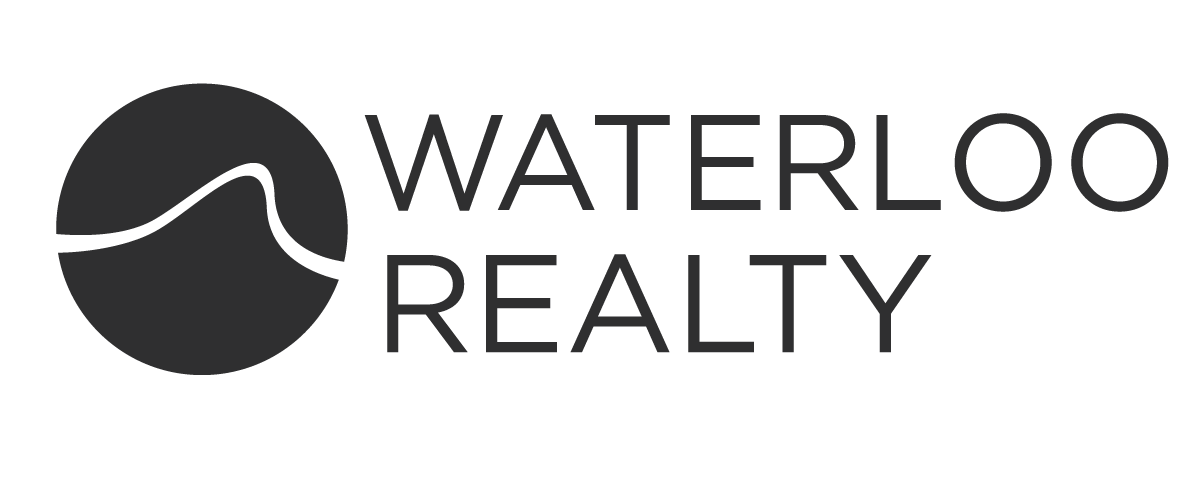
Buying a house is likely one of the most important transactions you will make in your life. A proper home inspection is your best defense against buying a property that will be a home improvement nightmare. So I've put together a list of home inspection tips for buyers like yourself to help you through the process.
What exactly is a home inspection? A home inspection is like a physical check-up with your doctor. Your doctor checks you out in general and if problems or symptoms are found, the doctor may recommend further evaluation by a specialist. The same holds true for a home inspection. It's a visual inspection of the major systems of the house. If the inspector finds something that he/she feels needs more attention, the recommendation is made for a specialist, like a plumber or an electrician. A good inspector should be able to tell you if it's a big or small problem.
Find a qualified inspector. A good place to start looking for an inspector is with your realtor. I know there are some who question whether this is ethical or a conflict of interest. I don't believe either is the case. Your realtor has a fiduciary relationship with you which means they have to put your best interests above even their own. Your realtor has probably worked with numerous inspectors. They probably have personal knowledge of which inspectors perform better than others. Having a certification from a nationally-recognized trade organization such as NACHI or ICC* is also a good indication that your inspector has a good track record. Having said that, see the next tips.
Research your inspector. A good part of getting a quality inspection is for you to do some homework. Research your potential inspector. Check out their website, online reviews on Yelp, Google, Facebook, Instagram, YouTube, etc. Do they even have an online presence? Most established companies have a website with their qualifications, at a bare minimum. Reviews can tell you what past clients have said.
Don’t go with the cheapest inspector. That could indicate they're new and inexperienced, or that they’re having trouble finding clients. Every inspector has costs associated with running an inspection business. Cheaper inspectors may have to do more inspections to be profitable. This could mean that they speed through inspections and are not as thorough.
Call and speak with the inspector. Speak directly with the inspector (not a receptionist) and ask him/her questions. Does he/she have a good personality? Are they easy to talk with? There is nothing worse than a bad personality or attitude from someone you’re paying to be on your side.
Know what the inspection does and does not cover. Most inspections include the roof, electrical, plumbing, heating and air conditioning systems, appliances, foundation and overall condition of the exterior and interior of the house. Keep in mind that your inspection is a general inspection of visible items. For example, inspectors don't move furniture or dismantle anything for inspection. Everything is operated with normal controls that you would use daily. Most inspections also don't cover environmental issues like mold, asbestos testing, etc. Although, the inspector should point those out, if they are visible, for further evaluation.
Let the inspector do his/her work. You've hired this inspector to perform work for you so you are more than welcome to attend the inspection. Remember, you are paying the inspector to do a thorough inspection and part of doing a thorough inspection is being able to concentrate. If your inspector is distracted he/she might miss something. Typically the inspector will review his/her findings with you at the end of the inspection. That's the best time to ask questions and ask to see what they are talking about.
Do a pre-inspection. Although not always possible, if you have the opportunity while touring potential homes, do a quick pre-inspection. A pre-inspection is nothing more than looking at things a little closer as you tour homes. Don't be afraid to ask to look at the water heater and the heating and air conditioning systems. Do they look old? Are there any obvious signs of rust, leaks, odd sounds or smells. Doing a quick pre-inspection may help eliminate some of the homes you tour.
Leave the kids and family at home. Given the amount of money you will be spending, and that you've hired an awesome inspector, I recommend you leave the family at home for the inspection. This will give you the ability to concentrate and ask important questions about your inspector and agent. I understand that it's exciting and you want your family to see the house. I just recommend you take a separate trip before or after to show the family.
Bring a notepad and measuring tape. If you do decide to be there for the entire inspection, bring a notepad and measuring tape. The inspector will provide you with a written report after the inspection but it most likely won't include measurements of the home. While the inspector is performing the inspection, you could take measurements and pan furniture placement. Having a notepad will give you the opportunity to take any notes you may want to take.
Should the seller be there? No, the seller should not be there if possible. We coordinate with both the listing agent and the buyers agent to schedule time for the inspection. This gives the sellers advance notice and they can make plans to be out of the house during that time.
Do not get discouraged. When your inspector does his/her verbal summary at the end of the inspection, all you will likely hear are the negative aspects of the house, but don't be discouraged. They are looking for problems or defects. If they also listed everything that was correct or done well, the report would be very long. Ask any questions you may have during the summary. A good inspector will be able to explain his/her findings and tell you whether they are bigger issues or small manageable problems. Remember, everything is fixable.
Work with your realtor. Your realtor is someone you trust for their expertise, so work with them to negotiate the major items on the report. After the inspection, when the report arrives, sit with your realtor and discuss which items, if any, you will negotiate with the seller. Sellers will seldom give you everything you ask for, so stick with the most important and or safety-related items. Most sellers are honest and are surprised to find out some of the items the inspector found.
Do a final walkthrough. If after negotiation, the seller agrees to make repairs, it's a good idea to do a final walkthrough to confirm the repairs were made, and the overall condition of the house, just before you close escrow. In some cases, it's even recommended you schedule your inspector again to do a re-inspection of repairs.
Congratulations! Buying a home can be an exciting and stressful experience, all at the same time. Doing your homework and finding a qualified inspector can relieve a lot of that stress. I hope the above list will help you get through the process with a little more ease. Please feel free to contact me with any questions.
*iNACHI - International Association of Certified Home Inspectors. The largest home inspection trade association in the United States.
*ICC - International Code Council. ICC writes the building codes that most city building departments throughout the country use.Buying a house is likely one of the most important transactions you will make in your life. A proper home inspection is your best defense against buying a property that will be a home improvement nightmare. So I've put together a list of home inspection tips for buyers like yourself to help you through the process.



